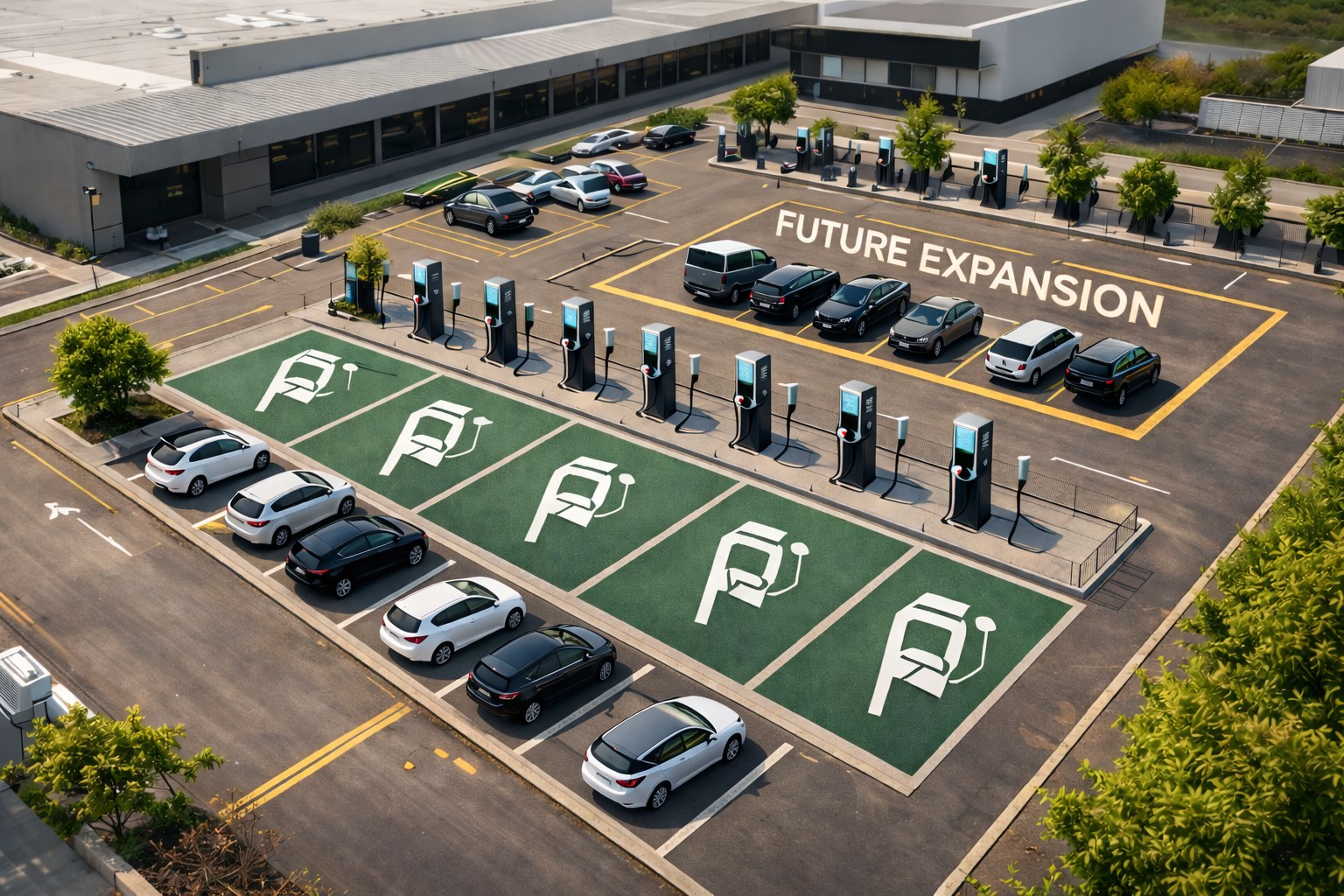Rainwater harvesting refers to the collection and storage of water, rather than allowing runoff into the gutters or drain. This water can then be reused in the home or business. Rainwater harvesting is an ancient practice that lost popularity when mains water became the primary and most reliable source of water. In recent years rainwater harvesting has made a comeback due to the environmental and economic benefits.
What Can Harvested Rainwater Be Used For?
A well thought out rainwater harvesting system can reduce the use of mains drinking water by around 50%. The primary uses for harvested rainwater in the home are as follows:
- Flushing the toilet (35% of water) - this is one of the highest usages for water in the home, water to flush the toilet doesn’t need to be drinking quality from the mains and the only difference using harvested rainwater will cause is a reduction in your water bill.
- In washing machines (15% of water)
- Gardening and outside use (5% of water) Using harvested water for your garden can actually promote plant growth due to rainwater having a lower pH and not containing more harmful minerals that can be found in mains water, especially in hard water areas.
For your business the usage will be dependent on the nature of your company, but using harvested rainwater to flush toilets is always going to save money in the long run.
Can You Drink Harvested Rainwater?
Though it comes directly from the sky, rainwater is not considered safe to drink by the CDC. As the rain falls it can pick up a multitude of airborne contaminants. It can also pick up dirt and bacteria if it is running off a surface such as a roof or gutter, and this can lead to an upset stomach especially in immunocompromised people.

What Are the Economic Benefits of Rainwater Harvesting?
What Are the Economic Benefits of Rainwater Harvesting?
On average you could save around 50% off your household water bill by switching to rainwater harvesting. This amount can be similar for your business too. Generally, businesses have more to save through rainwater, especially offices and hotels.
As a business that harvests rainwater you also have the benefit of being able to prove a commitment to environmentally friendly practices and sustainability which can increase your customer base.
Harvesting rainwater also makes you less vulnerable to potential price increases as you’ll only be getting around half your water via mains.

What Are the Environmental Benefits of Rainwater Harvesting?
Environmentally, if more rainwater is harvested this will mean a reduction in the use of mains water, so less water will need to be artificially drawn from the environment, which is quite an energy intensive process.
Rainwater harvesting also reduced soil runoff and erosion as more water is being stopped and collected before reaching soil. Rainwater runoff over soil can wash away important minerals and reduce soil quality and therefore the opportunity for plant and food growth.
If you are interested in finding out more about rainwater harvesting, then make sure to contact Highland Services. We are experienced in designing and installing rainwater harvesting systems for domestic and commercial uses. We also have a number of other ways to consider that can help you save money and the environment.



.png)